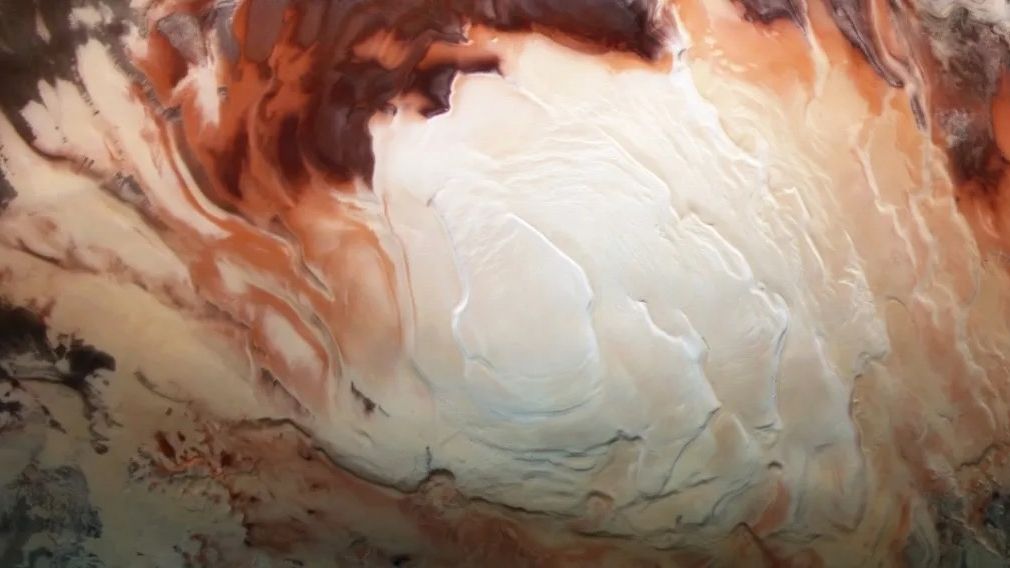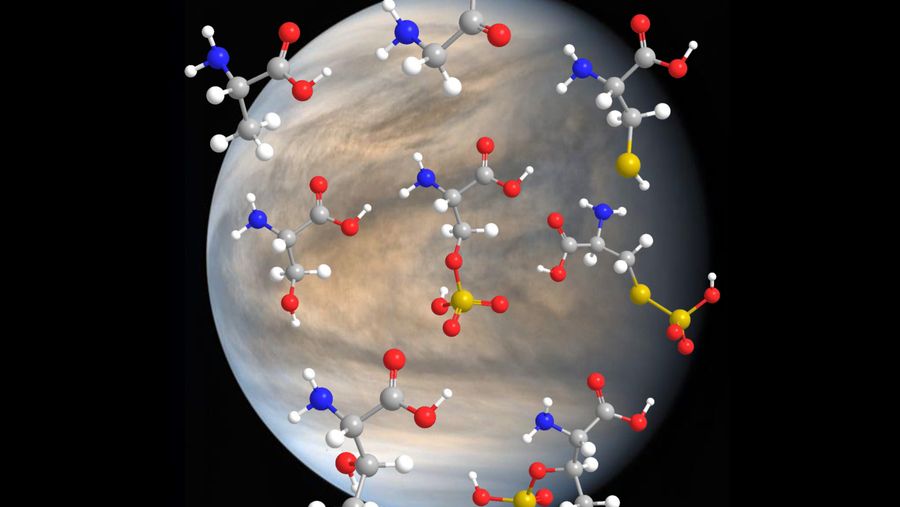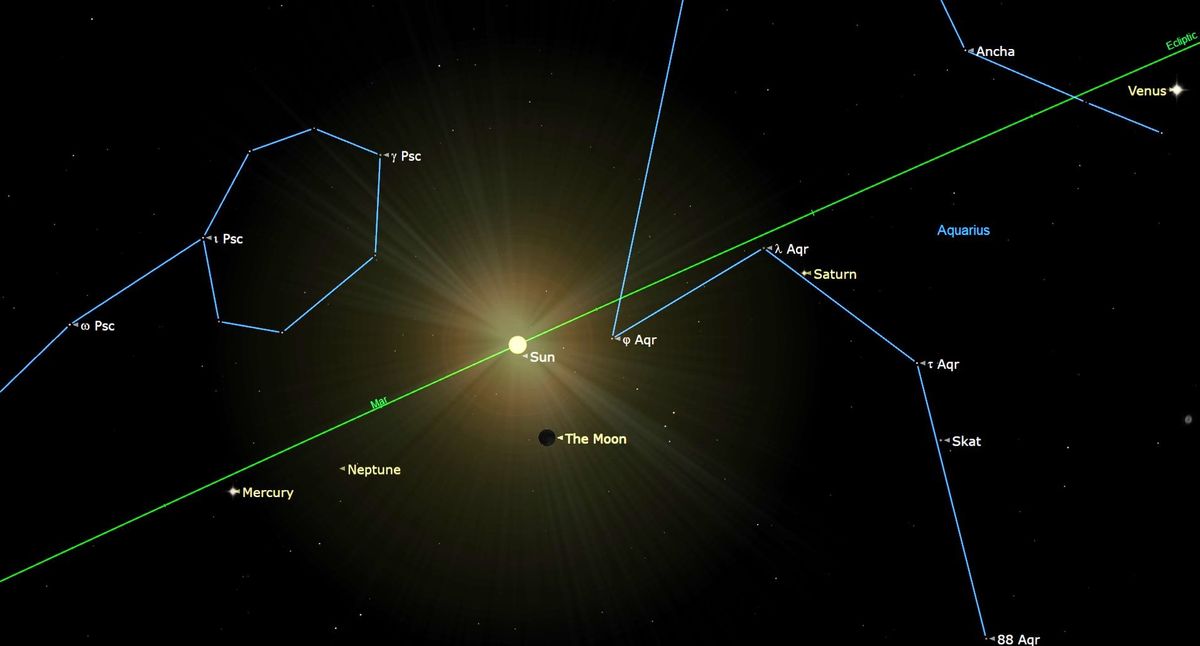Mars’ Mysterious Radar Reflections
A recent study has raised doubts about the existence of a subglacial lake of liquid water beneath Mars’ southern ice cap. The study suggests that densely compacted layers of ice could be responsible for radar reflections previously interpreted as liquid water.
Previous Discoveries
In 2018, the Mars Express orbiter of the European Space Agency detected what seemed to be a 20-kilometer-wide lake buried under 1.5 km of ice in the Planum Australe region of Mars. Subsequent findings indicated the presence of multiple potential lakes, challenging scientists to explain how liquid water could exist on the red planet.
One theory proposed that briny water, kept liquid by calcium and magnesium perchlorate, could be present near the base of the southern ice cap. These compounds, found on Mars by NASA’s Phoenix mission in 2008, lower the freezing point of water to levels compatible with Mars’ conditions.
New Explanations
A team from Cornell University has now suggested an alternative interpretation of the radar echoes detected by the Mars Express orbiter. By running simulations, the researchers showed that densely packed ice layers, crushed under the weight of the ice sheet, could produce similar radar reflections to those expected from a subglacial lake.
The simulations revealed that the radar waves bouncing off these compacted ice layers could create bright reflections, mimicking the signals previously attributed to liquid water. This phenomenon, known as “constructive interference,” occurs when radar echoes from multiple layers overlap and amplify each other.
Scientific Debate
Despite these findings, the debate about the existence of a subglacial lake on Mars continues. While the radar reflections could be explained by compacted ice layers, the possibility of liquid water still intrigues many scientists. The study, published in Science Advances, provides a compelling argument but does not definitively rule out the presence of liquid water.
As researchers strive to unravel the mysteries of Mars’ polar regions, the quest for understanding the planet’s geological history and potential for life remains a top priority in planetary science.
Image/Photo credit: source url





